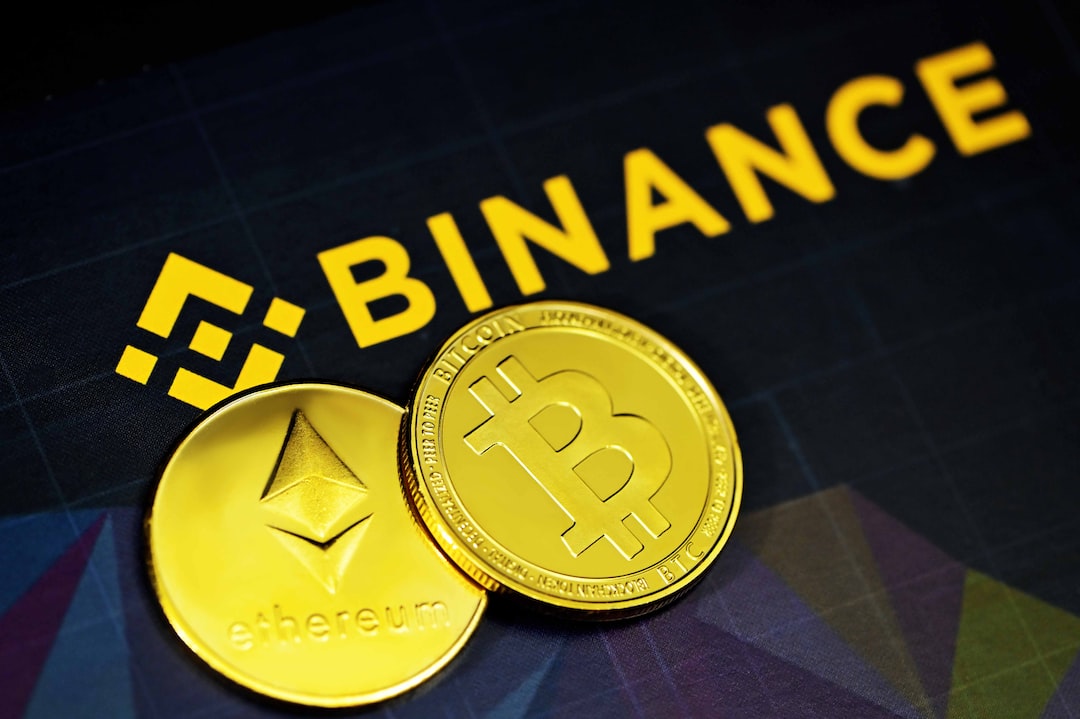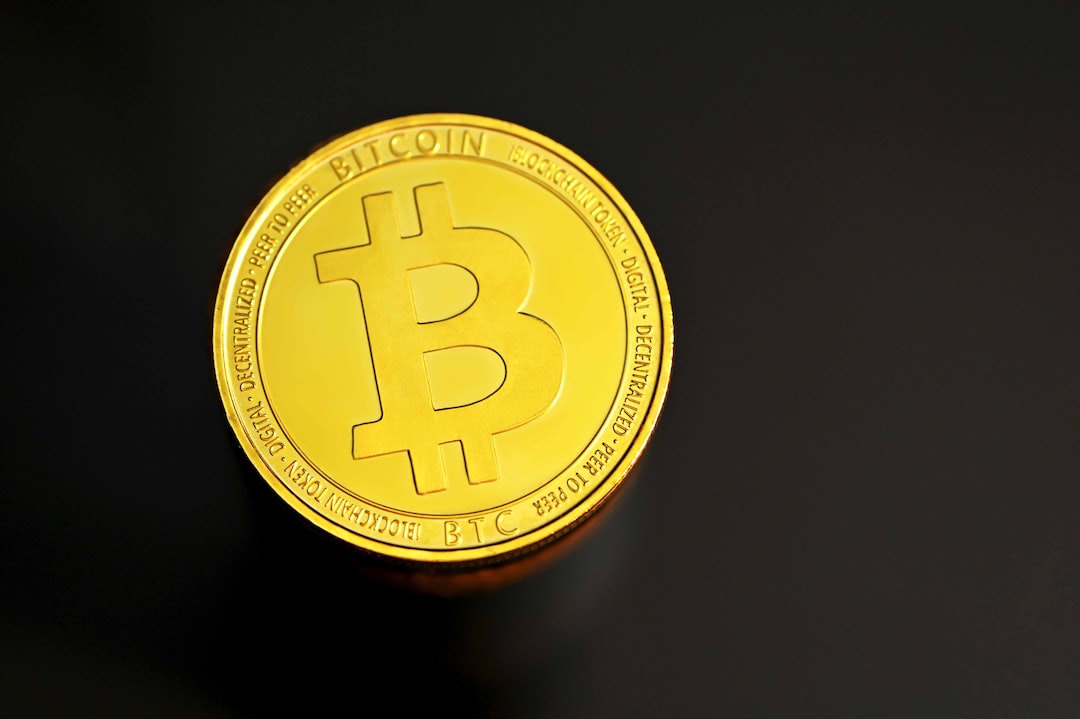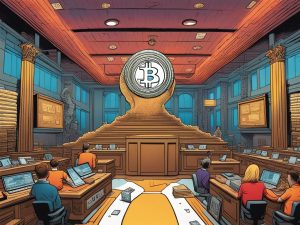Judge Rules Bitcoin.org Operators Must Reveal Identities
A London High Court Judge has upheld a ruling that the operators of Bitcoin.org, including the pseudonymous Cøbra, must disclose their identities or face significant legal fees in a case brought by Craig Wright, who claims to be the inventor of Bitcoin. Wright argued that he owned the copyright to the Bitcoin whitepaper and database. After Cøbra failed to appear in court, the judge ordered the removal of the whitepaper from the Bitcoin.org website. When Cøbra attempted to challenge Wright’s request for legal fees, a judge ruled that they must reveal their identity to contest the costs. Cøbra appealed this ruling, but it was dismissed by Justice Richard Smith of the London High Court.
Reasons for Anonymity
In seeking anonymity, Cøbra aimed to remain anonymous not only to the public but also to the court and Wright. However, Justice Smith stated that while there are legitimate reasons for parties to seek anonymity, such as threats to personal safety, Cøbra’s reasons appeared “not only unworkable but also risked undermining the very principles of natural justice.”
Wright’s Multiple Lawsuits
Craig Wright continues to pursue multiple lawsuits worldwide related to the Bitcoin whitepaper. In 2022, he sued Coinbase and Kraken over their misrepresentation of “Bitcoin Core” as the actual Bitcoin. He has also sued 15 developers in an attempt to obtain 111,000 BTC worth $2.5 billion. Additionally, Wright hinted at a possible legal battle against Apple over the storage of the Bitcoin whitepaper on its computers.
Evidence Suggests Nakamoto May Be a Collective Entity
Recent investigations have provided evidence suggesting that Satoshi Nakamoto, the mysterious creator of Bitcoin, may actually be a collective entity. One piece of evidence is the usage of both “we” and “I” in the Bitcoin whitepaper, indicating the possibility of a team operating under a singular pseudonym. Another piece of evidence comes from linguistic analysis, which reveals differences in Nakamoto’s writing style in forums and email correspondences, suggesting the involvement of multiple individuals.
Hot Take: The Battle for Anonymity and Ownership
The ruling requiring Bitcoin.org operators to reveal their identities highlights the ongoing battle between Craig Wright and those who support anonymity within the crypto community. While anonymity can protect personal safety, it can also raise concerns about accountability and transparency. As Wright continues his legal pursuits related to the Bitcoin whitepaper, the question of ownership and authorship remains contentious. The investigation into Satoshi Nakamoto’s true identity further adds to the intrigue surrounding the origins of Bitcoin. Ultimately, this case serves as a reminder that the crypto world is not immune to legal disputes and challenges regarding intellectual property rights.





 By
By
 By
By
 By
By
 By
By
